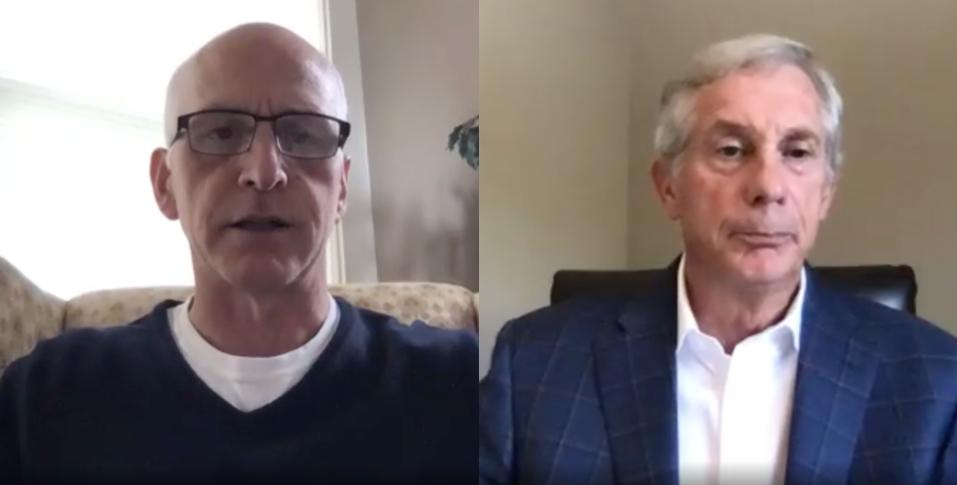
Building the U.S. Strategic Relationship with African Nations
On October 7, the American Security Project (ASP) hosted a webinar entitled “Building the U.S. Strategic Relationship with African Nations.” ASP convened professionals with expertise in U.S.-African relations to discuss the economic opportunities, military options, and the use of soft power in the fastest-growing continent of the century.
Speakers included General Thomas D. Waldhauser, USMC (Ret.); former Commander of USAFRICOM and Congressman Adam Smith, Chairman of the House Armed Services Committee; Ambassador Johnnie Carson; CRS Analyst for African Affairs Lauren Ploch Blanchard; and ASP Board Member Matthew Bergman.
During the initial conversation between General Waldhauser and Chairman Smith, both men identified great power competition between the United States, China, and Russia as a key strategic challenge for American foreign policy in the region. Although the U.S. may provide the best quality security expertise, China and Russia most readily supply military equipment to African states. Additionally, China is particularly active in providing infrastructure support and financial investment for African states.
On this issue, Chairman Smith argued Washington should not be intimidated by China’s financial presence:
“To think that we can outcompete them is a mistake. We have to maintain our presence, build relationships, offer services where we can… [and] work with African countries… to make sure that what they’re getting from China is truly helpful for them, not just an excuse for China to bring in Chinese labor.”
On strategic partnerships, General Waldhauser urged U.S. diplomats to do a better job of visiting African states and building relationships with key African leaders. Correspondingly, Chairman Smith urged Washington to prioritize relationship building and investment in Africa, despite the fact that time and resources are limited. Although Secretary of Defense Mark Esper sought to cut resources in Africa to meet other needs, Chairman Smith argued that a small amount of investment in Africa tends to yield significant results, compared to other regions, and therefore should not be abandoned.
Following this conversation, Lauren Ploch Blanchard, Ambassador Johnnie Carson, and Matthew Bergman advocated for an optimistic perspective on Africa’s future. Ambassador Carson pointed to Africa’s young, fast-growing population as an indicator of its rise. In a few decades, for example, Nigeria will replace the United States as the third most populated country in the world.
Referencing the earlier conversation, Blanchard contended that Washington fixating on great power competition would be a mistake. She argued that widespread international involvement in Africa’s development can be positive:
“East Africa was a battleground during the Cold War, and many of these countries were seriously changed as a result of it. There were wars fought… They don’t want to go back there… They want the benefit of trade, development assistance, humanitarian assistance… with the United States… [and] the investment that China can bring.”
Applauding investment in education by past administrations, Bergman championed equal access to quality education for girls in Africa as a cost-effective development method:
“The greatest independent variable in the developing world is female literacy… Giving girls the opportunity to read solves so many problems… it allows them to delay marriage, it gives them some power over their sexual relationships, it gives them the tools to succeed economically. For very small investments of money, you can have huge impacts in changing the trajectory of the country.”
Finally, Ambassador Carson added that relationship building could be better facilitated by welcoming Africa’s active participation in international institutions, such as the World Health Organizations and the Paris Climate Agreement, as well as in public diplomacy initiatives, such as the Peace Corps and the Young African Leaders Initiative of the Obama administration.
Watch a recording of the full conversation.
__
ASP has long researched the diplomatic and security challenges in Africa. Recent publications on the region explore the recent overthrow of the Malian government, the dispute over Ethiopia’s Renaissance Dam, and continual terrorist threats. In June, ASP published an in-depth report regarding development finance as a soft power tool for the United States in Africa.





